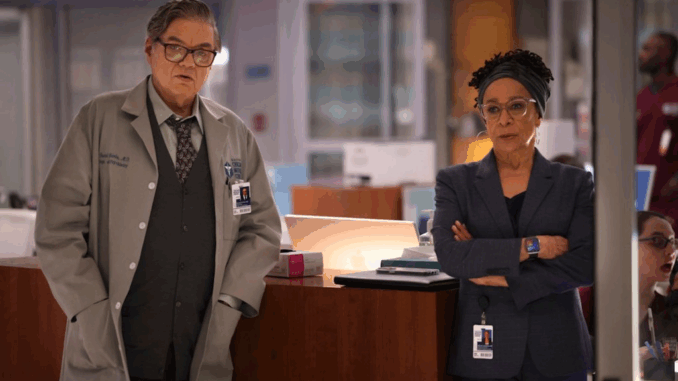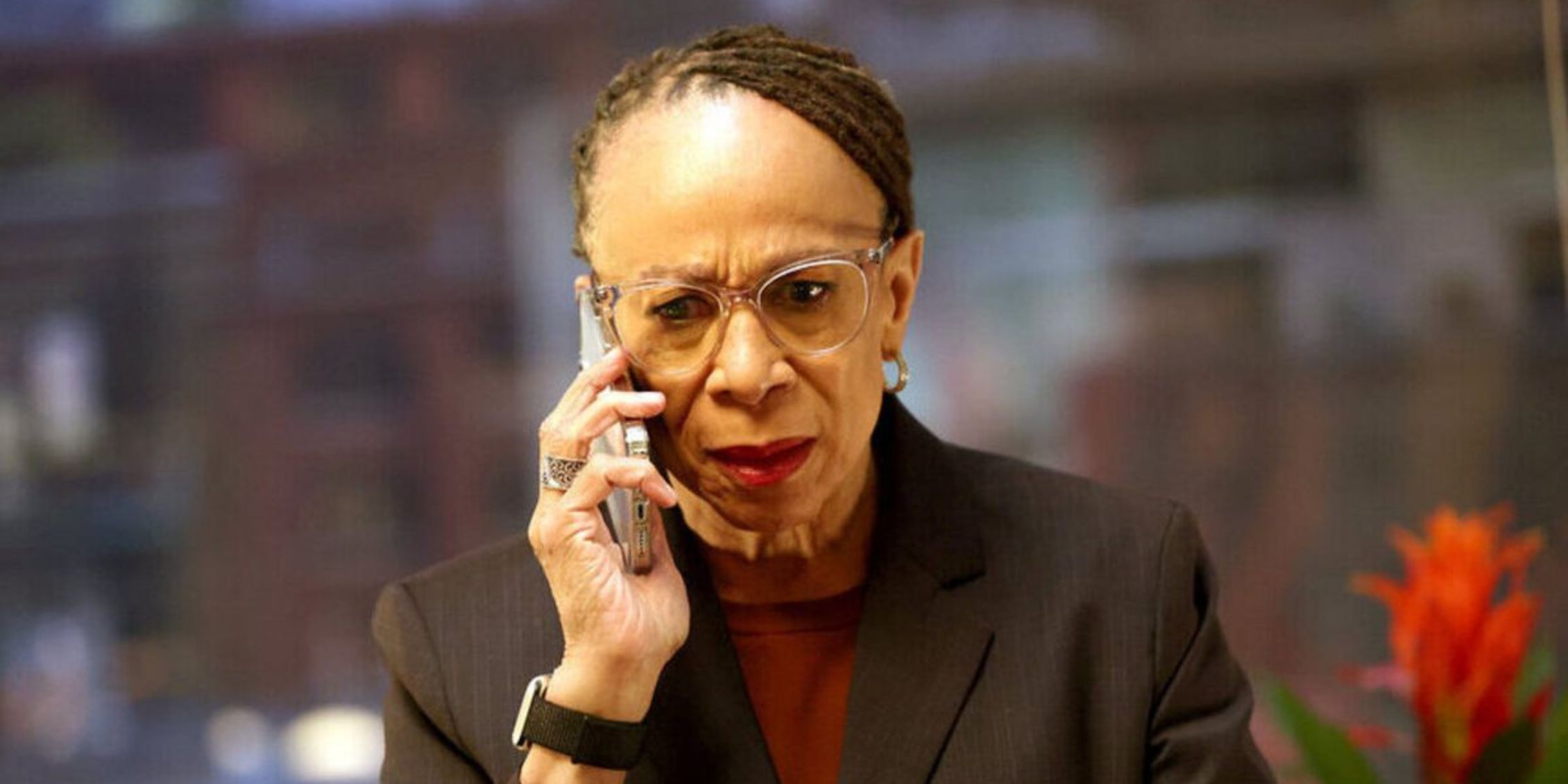
In the vast landscape of television, medical dramas have long captivated audiences, but “Chicago Med” has carved out a unique and enduring niche. Set against the vibrant backdrop of Gaffney Chicago Medical Center, the series offers more than just a glimpse into critical medical procedures; it provides a profound exploration of human resilience, ethical challenges, and the relentless pursuit of healing. The show’s sustained popularity isn’t merely due to its gripping cases but stems from its powerful ability to connect with viewers on a deeply human level, transcending the confines of the operating room.
A significant strength of “Chicago Med” lies in its authentic portrayal of the medical profession’s emotional and psychological demands. The series understands that healthcare is not just about diagnoses and treatments, but about the profound emotional connections forged between caregivers and patients, and among the staff themselves. Viewers witness the immense pressure of split-second decisions, the heartbreak of losing a patient, and the quiet triumphs of saving a life. This emotional depth is palpable in characters like Sharon Goodwin, the compassionate and unwavering Head of Patient and Medical Services, whose leadership anchors the hospital through countless crises. The show acknowledges the burnout, the moral dilemmas, and the personal sacrifices that often accompany a life dedicated to medicine, creating a relatable and empathetic portrayal of its protagonists.
“Chicago Med” also excels in its exploration of contemporary medical ethics. Rather than presenting clear-cut solutions, the series often delves into complex moral quandaries that mirror real-world challenges in healthcare. Whether it’s debates over end-of-life care, the allocation of scarce resources, or the intricacies of patient confidentiality, the show invites viewers to grapple with difficult questions, often without easy answers. These ethical narratives are not just plot devices; they are integral to the character development, forcing the doctors and nurses to confront their own biases, values, and the limits of their professional obligations. This intellectual engagement elevates “Chicago Med” beyond pure entertainment, making it a platform for relevant social commentary.

Furthermore, the show’s integration within the “One Chicago” universe provides a unique storytelling advantage. The frequent crossovers with “Chicago Fire” and “Chicago P.P.” create a holistic view of emergency services in the city, showcasing how fire, police, and medical personnel often work in tandem to save lives and maintain order. These interconnected narratives enrich the characters’ backstories, allow for more complex plotlines, and strengthen the sense of community within the franchise. This shared universe amplifies the stakes and expands the scope of storytelling, drawing a broader audience into the world of Chicago’s first responders.
In essence, “Chicago Med” resonates because it holds a mirror to the human condition. It celebrates the extraordinary dedication of ordinary people, working under immense pressure, striving to make a difference in the face of life and death. It reminds us that behind every medical procedure is a human story, filled with hope, despair, courage, and the enduring power of compassion. The pulse of Chicago Med beats strongly, echoing the very heartbeat of a city and the tireless individuals who keep it healthy.